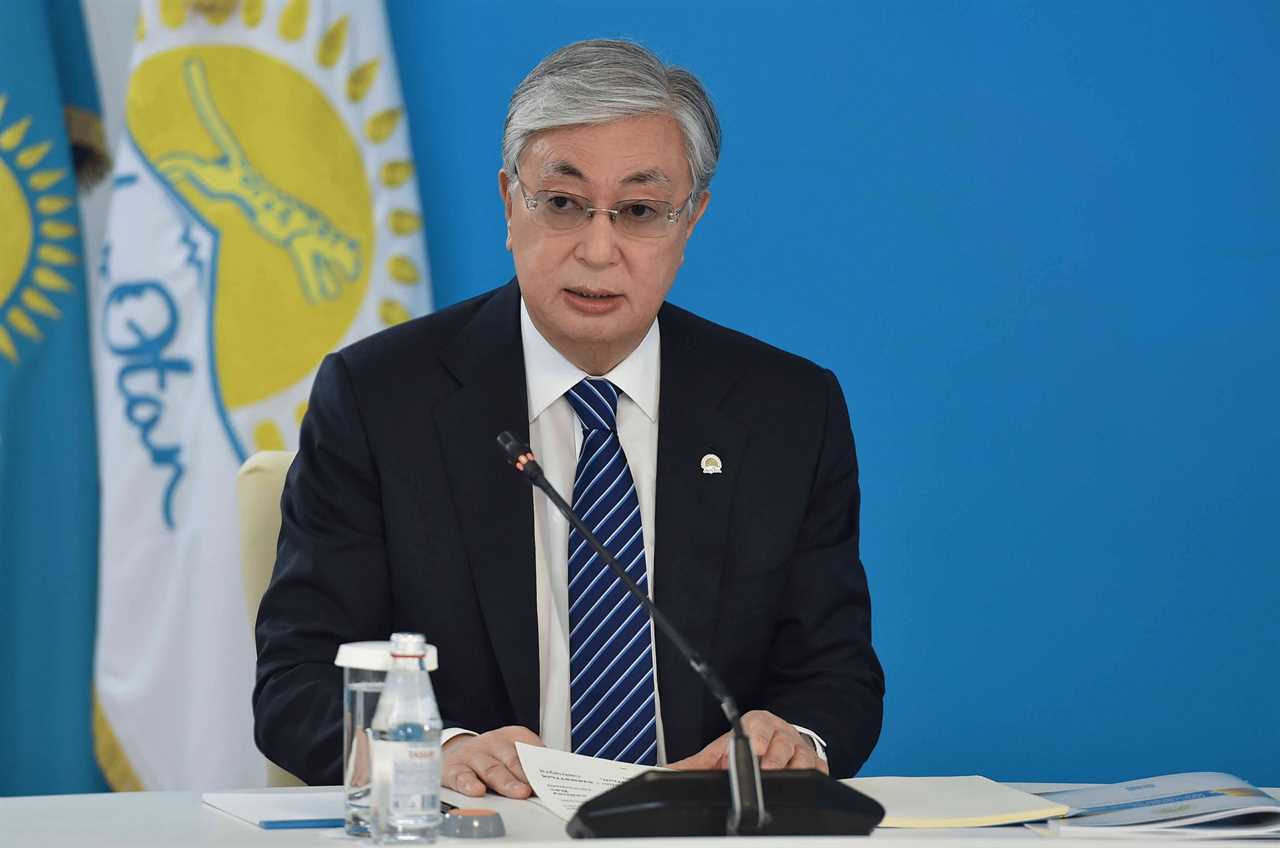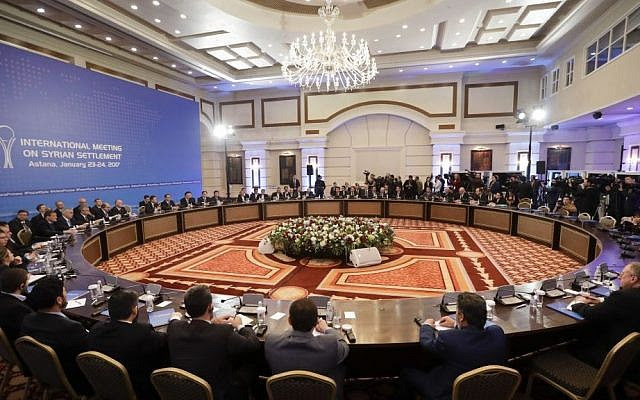Just over one month on from the fall of Kabul, Europe is still grasping for answers to the question of how to engage in diplomacy with a Taliban-controlled Afghanistan. Ignoring pressure from the international community to form an pluralistic ruling coalition in exchange for recognition, the new government announced last week flies in the face of the Taliban’s own promises of inclusion. Afghanistan’s “interim” cabinet is instead dominated by longtime leaders of the hardline militant movement, nearly all of them ethnic Pashtuns. Not a single woman was included on the list, although the EU’s financial sanctions list is quite prominently represented.
Even as the Taliban thumb their noses at Western calls for moderation, European diplomats have already begun to admit they will have little choice but to negotiate with Afghanistan’s new rulers. Much as in 2015, the rapid collapse of Ashraf Ghani’s government has raised the prospect of yet another humanitarian crisis that could further radicalize European politics, even though EU governments – to quote Council of Europe commissioner for human rights Dunja Mijatovic – have “a moral and legal imperative to treat Afghans seeking protection fully in line with their human rights obligations.” As Heiko Mass admitted in Doha at the end of last month, “there is absolutely no way around talks with the Taliban… we cannot afford instability in Afghanistan.”

Kazakh President Kassym-Jomart Tokayev.
While engagement may be inevitable, the substance of any talks with the Taliban, and the channels by which they will take place, are of the utmost importance. Europe may have lost a constructive, if a flawed, partner in Afghanistan’s fallen republic, but their relationships with Central Asian interlocutors such as Kazakhstan could offer the European Union and countries such as Germany and France an important avenue for protecting European interests in the region.
So far, Kazakhstan has put itself forward as a fallback base for international organizations and personnel forced to flee Afghanistan in the face of the Taliban’s advance. The UN Assistance Mission in Afghanistan (UNAMA), which evacuated its staff from Kabul in the chaotic first days of Taliban control over the Afghan capital, has now relocated to Kazakhstan and established a temporary base in the country’s economic capital, Almaty. In his speech to the heads of state attending this week’s Shanghai Cooperation Organization (SCO) summit in Dushanbe, Tajikistan, Kazakh President Kassym-Jomart Tokayev proposed the establishment of an “SCO humanitarian hub” in Almaty in order to get international aid to Afghanistan.
Kazakhstan was already a longstanding partner of the EU and of UN agencies operating in the country before the downfall of Afghanistan’s former government. The country worked with the United Nations Development Program (UNDP), for example, to welcome female Afghan students to Kazakh universities, with funding for the educational initiative provided by the European Union.
Despite the fact that the Taliban takeover now presents “certain risks” for Kazakhstan, the country’s diplomatic positioning within Central Asia makes it Europe’s most straightforward partner in dealing with the regional implications of instability in Afghanistan. Unlike countries like Uzbekistan and Tajikistan, which have their own ethnically-tinged interests in Afghanistan’s affairs, Kazakhstan does not share a direct border with the “Islamic emirate” and is less exposed to the repercussions of developments inside the country.
That gives Nur-Sultan more latitude to engage with its Western partners than neighboring Tashkent, for example, whose handling of Afghan military personnel seeking refuge from the Taliban was forced to strike a delicate balancing act between diplomatic pressure from Washington on the one hand and Kabul on the other.
Nor would Afghanistan represent the first conflict in which Kazakhstan has put itself forward as an impartial mediator. The trilateral Syrian peace process bringing together Russia, Iran, and Turkey, for example, chose Kazakhstan’s capital (then known as Astana) as the location for their delicate negotiations, with the city also serving as host to a Syrian opposition conference in 2015. The most recent round of talks under the Astana process took place just this past July.

Delegations from Russia, Iran and Turkey hold a round of Syrian peace in January 2017 in Kazakhstan’s capital Nur Sultan (then known as Astana).
By building on this track record and lending both logistical and diplomatic support to European efforts in the new-old Afghanistan, Kazakhstan could take another step forward in developing a mutually beneficial relationship with the EU. In seeking closer ties with Europe, the country has already undertaken a number of political and economic reforms, with priority areas including the government’s handling of human rights issues and interactions with non-governmental organizations.
Those reforms, however, have not yet placated some of Kazakhstan’s most ardent critics in the EU and other key European institutions, including the Parliamentary Assembly of the Council of Europe (PACE). A number of PACE representatives, such as the German SPD deputy Frank Schwabe, Italian Senator Roberto Rampi from the country’s Democratic Party, or Icelandic Pirate Party deputy Thorhildur Sunna Ævarsdottir, have emerged as vocal critics of Kazakhstan, urging the EU in January 2020 to review trade co-operation with the country.
The Afghan crisis, by compelling the EU to dedicate more diplomatic resources and attention to its longstanding partners in Central Asia, could represent a blessing in disguise for at least some of Afghanistan’s neighbors to the north by providing governments in these countries with further incentives to pursue reforms. Europe, for its part, will need to make its handling of Afghanistan’s neighbors a top diplomatic priority if it hopes to avoid a repeat of the 2015 refugee crisis.
-------------------------------------------
By: Nicholas Waller
Title: Will Central Asia serve as Europe’s bridge to Afghanistan?
Sourced From: www.neweurope.eu/article/will-central-asia-serve-as-europes-bridge-to-afghanistan/
Published Date: Wed, 22 Sep 2021 12:34:52 +0000
Read More
 UK PoliticsWorld PoliticsVideosPrivacy PolicyTerms And Conditions
UK PoliticsWorld PoliticsVideosPrivacy PolicyTerms And Conditions
